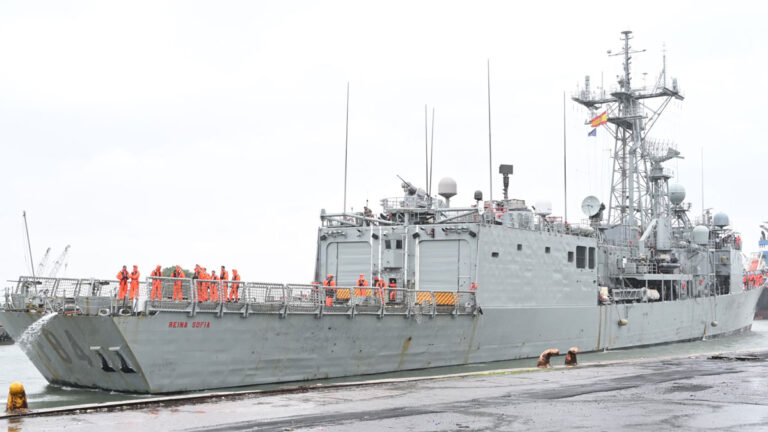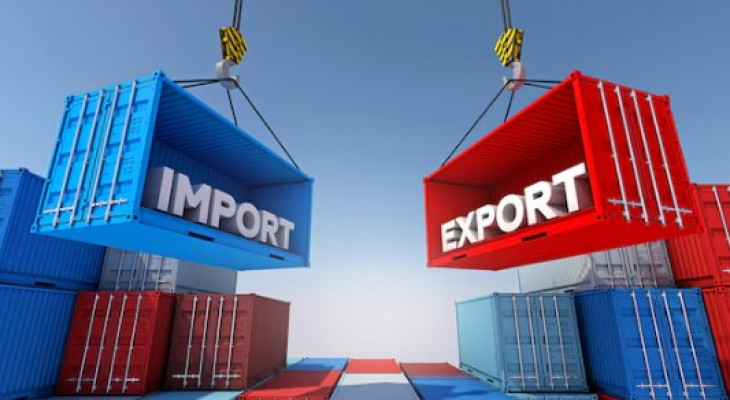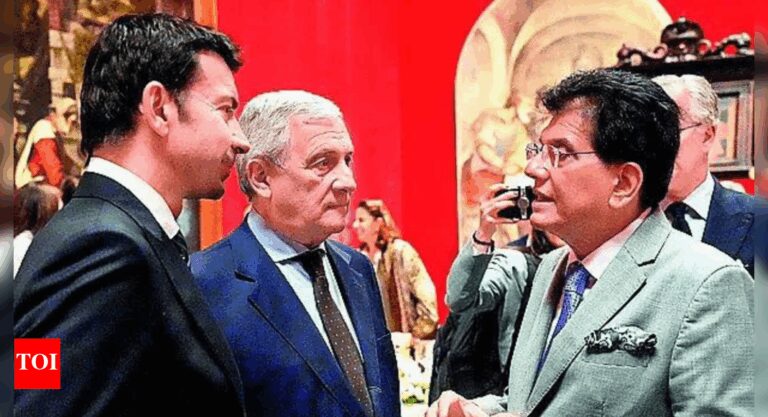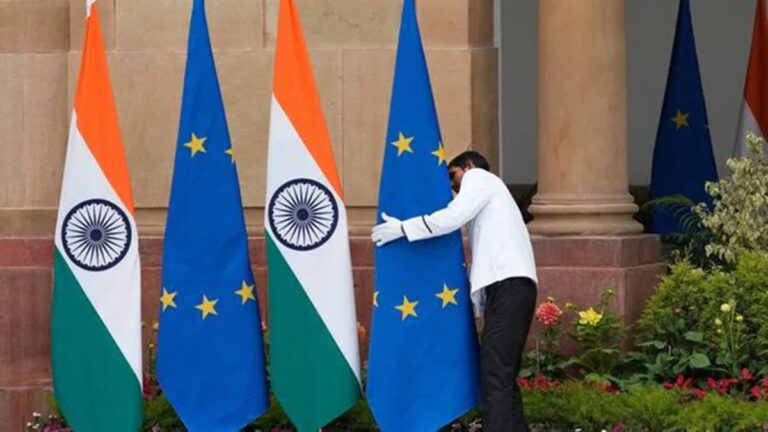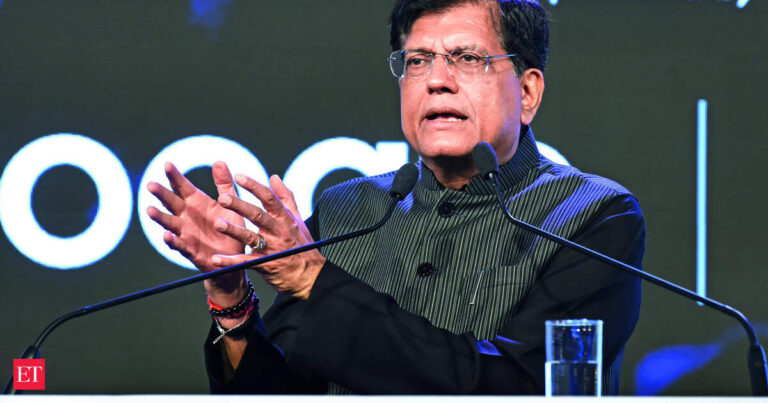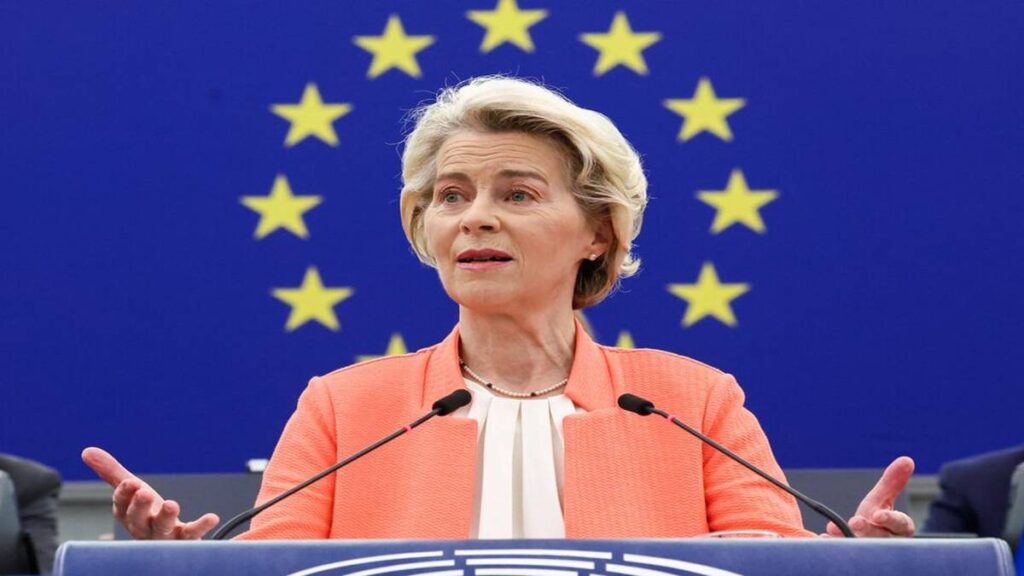
A high -level delegation of the college of commissioners of the commissioners of the European Union, led by the president of the European Commission, Ursula von der Leyen, arrives later in the day. It will be the first time that such a delegation of the EU will have visited India. Of the 27 commissioners, 22 will participate in this two -day visit (February 27 to 28), marking an important stage in the evolution of the strategic partnership between India and the EU.
An important step for India-EU relations
This visit arrives at a critical moment for India-EU relations, because the two parties enter the third decade of their strategic partnership. The delegation visit is designed to deepen and diversify cooperation in several sectors, paving the way for more robust commitments in trade, technology, defense, clean energy and digital innovation. The visit has a symbolic and practical meaning because it opens the ground to strengthen links at government and institutional levels.
Trade and investment: a key goal
Trade and investments will be at the heart of the discussions between the EU and the Indian leaders. The EU was the largest trading partner in India in goods, the bilateral trade reaching $ 135 billion in 2023-24. The services trade also experienced a summit of $ 53 billion in the same year.
While the two parties seek to improve these economic commitments, a key culmination will be the second ministerial meeting of Trade and Technology Council (TTC). This will follow the first session held in Brussels in 2023 and will cover critical fields such as digital technologies, green energy and resilient supply chains.
The strong presence of EU investment in India, with more than $ 117 billion in direct foreign investment (IDE) since 2000, is also an area of strategic importance. India also increases its investments in the EU, contributing to mutual economic growth and the creation of jobs in the two regions.
Technology and innovation: Improve cooperation
Technological cooperation was an important aspect of India-EU relations. The delegation will focus on expanding collaboration in digital technologies, artificial intelligenceHigh performance information (HPC) and quantum technologies. India and the EU have already signed several understanding memorandums, notably on semiconductor R&D and HPC cooperation, which should bear fruit to meet the global technological challenges of tomorrow.
In addition, the two parties continued to rely on the momentum from recent collaborations, such as the initiatives of the digital public infrastructure (DPI) of India, and the discussions will continue around innovative technologies such as AI, data governance and cybersecurity.
Energy and sustainability: a green partnership
Energy cooperation, in particular in the field of clean energy, has experienced considerable progress in recent years. India and the EU have developed joint efforts in green hydrogen, renewable energies and durable energy systems. A major area of attention will be the hydrogen green partnership, with the EU supporting India’s ambitions to build a green hydrogen ecosystem, demonstrated by the commitment of the European Investment Bank to finance Indian hydrogen projects.
The renewable energy sector of India increases rapidly, and the involvement of the EU in initiatives such as the International Solar Alliance (ISA) and the offshore wind energy projects reflects a shared commitment to a sustainable energy future. This visit will give additional momentum to these collaborations, the two parties favoring the fight against climate change and the development of sustainable energy solutions.
Defense and security cooperation
The EU-India’s defense relationship has changed significantly in recent years, the two parties focusing on maritime security efforts and the fight against terrorism. The very first joint naval exercises in the Gulf of Aden in 2021 and more recent collaborations in the Gulf of Guinea demonstrate a common commitment to maintaining global security.
The visit will further improve defense cooperation, in particular in the fields linked to space security, regional stability and counter-piracy. The partnership also includes wider safety challenges, including cyberrencies and the protection of critical infrastructure.
Personal links to people
The Indian diaspora in Europe plays a key role in filling the cultural fracture, contributing significantly to European economies, in particular in sectors like this, health care and engineering.
Education and research collaborations between India and the EU also remain robust. Indian students and researchers are increasingly present in European universities, benefiting from programs such as Erasmus scholarships and Marie Skłodowska-Curie’s actions.

